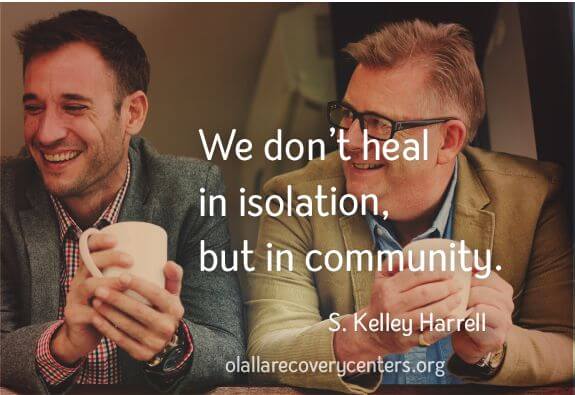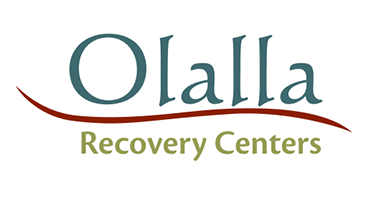
19 Mar The importance of community recovery support after addiction treatment
As a chronic disease, addiction must be managed like any other chronic condition, such as diabetes or heart disease. In the past, treatment focused on clinical modalities, but a new understanding is emerging about the importance of social support for long-term recovery.
This cultural shift is based on new research showing that as part of a chronic care model, social supports improve recovery outcomes.
Also known as peer support services, recovery support services help individuals create and follow recovery goals, build new social networks and navigate personal challenges following clinical treatment.
The services range from coaching and housing to peer support groups, and are typically provided by various community-based and faith-based organizations. Each community mobilizes its own resources to provide recovery support, but they use similar strategies. The goal is to pull the individual out of the culture of addiction, suppress the conditions that allow addiction to thrive, cultivate a culture of recovery and provide sustained post-treatment support.
Some examples of community recovery-support services:
- Recovery housing: Unlike halfway housing, recovery housing typically allows individuals to stay as long as they feel a need and comply with the house rules. A longitudinal study of 300 people in “sober living houses” in California found significant improvements both for alcohol and drug addiction. Additionally, the programs helped individuals maintain sobriety not only while in residence but also after they left.
- Recovery cafes: These communities help with healing and recovery by providing a safe, substance-free space that offers a variety of services and programming. Activities may include community meals, yoga classes, 12-step groups and open mic nights. A survey by Recovery Café located in Seattle found that 70 percent of its members felt the program helped them prevent relapse and 69 percent felt the community activities helped them stay substance-free longer.
- Recovery coaches: Also known as peer mentors, recovery coaches are trained professionals who can help create a recovery plan and remove barriers for long-term success, as well as serve as a guide throughout the process. While the services provided by coaches may vary, studies have shown that this kind of support has a variety of positive outcomes.
At Olalla Recovery Centers, we view community support as an integral part of the recovery process. We spend a lot of effort during residential treatment to give our patients the tools needed for sustained success — and we want to make sure the momentum continues afterwards.
Our goal is to help connect our alumni with the resources in their own communities so they continue to receive support across the continuum of care. We are here as a resource for you or your family member who is struggling with addiction — contact us to find out how we can help.


